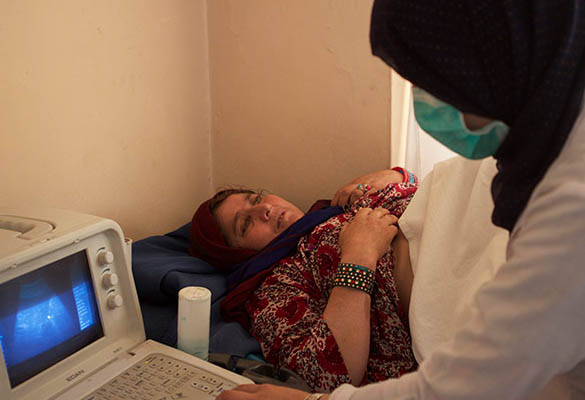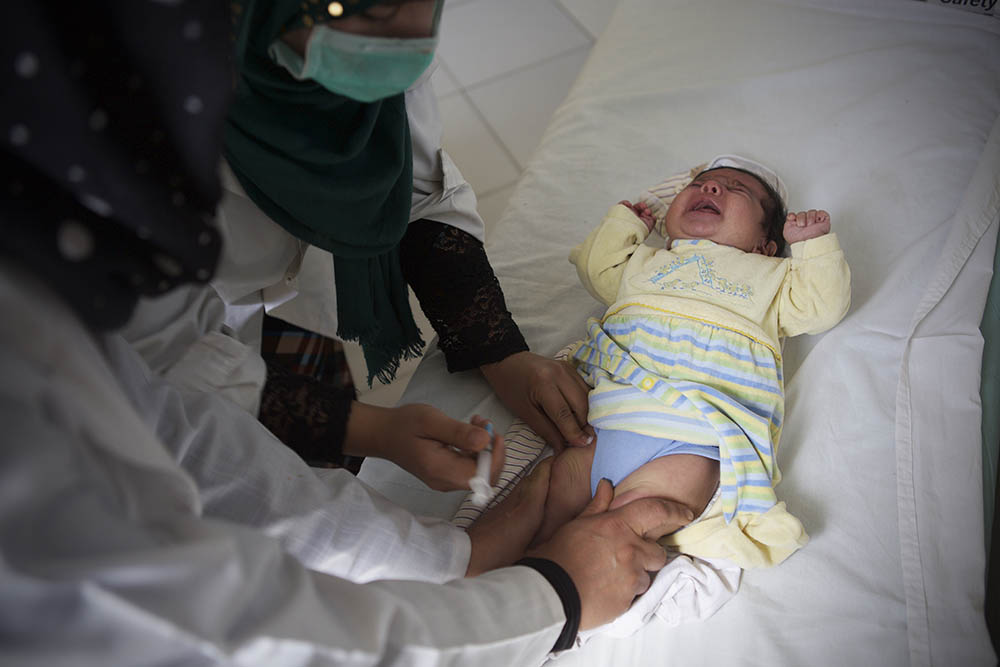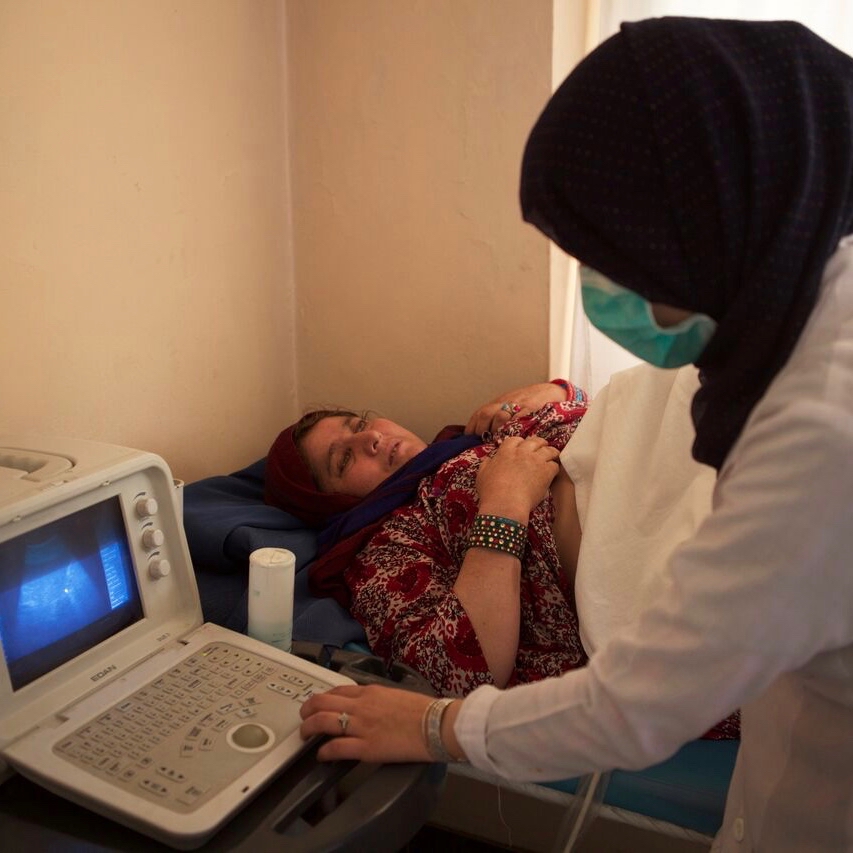

Action for Development is set to develop new training materials for its Midwifery Capacity Building Program. Knowledge gaps still persist among rural midwives, and regular updates based on newest methods and medical research is vital to ensure quality care for mothers and babies. Five new modules are to be added, which was determined based on an evaluation of previous trainings.
The development of the five new modules is expected to be completed in summer 2019 and were identified as follows:
1. Nutrition
Nutrition during pregnancy and early childhood is fundamental for good health and development. Insufficient intake of nutrients like protein, fat, carbohydrates, vitamin A, iodine, iron and zinc, may result in illness, delayed mental and motor development that can have enduring adverse effects beyond childhood.
2. Manual Vacuum aspiration
Early pregnancy loss is a common experience for women. Approximately one in four women will experience a miscarriage in her lifetime. For women undergoing early pregnancy loss, vacuum aspiration is a safe and effective treatment option.
3. Vacuum extraction
Vacuum extraction or “ventouse” is a common form of assisted “natural” delivery, when the health care worker helps in the birthing process so the mother can deliver her baby. This is typically used if labor is not progressing, there are health concerns of the baby (it heart rate), or when the mother’s health is in danger.
4. Family planning
Family planning refers to a woman’s ability to choose if and when she becomes pregnant and continues that pregnancy to term. In Afghanistan, a large gap persists between women’s reproductive intentions and their access to family planning options. Family planning has important implications for maternal health as well. Studies show that contraceptive use reduced high-risk and high-parity births, thereby reducing maternal mortality.
5. Maternal and Neonatal Sepsis
Maternal sepsis is a life-threatening condition defined as organ dysfunction resulting from infection during pregnancy, childbirth, post-abortion, or postpartum period. Maternal sepsis continues to be a leading cause of death for women and newborns. Although life-threatening, if caught early and treated promptly, it can be stopped.
Quality of care is an important factor that will be applied to each of the five modules and throughout the Midwifery Capacity Building process.
The Conservation, Food and Health Foundation has agreed to fund this process. Based in Boston, Massachusetts, the Foundation supports global health projects focusing on food security, disease prevention, family planning and reproductive health in the form of grants, particularly in underfunded regions.


